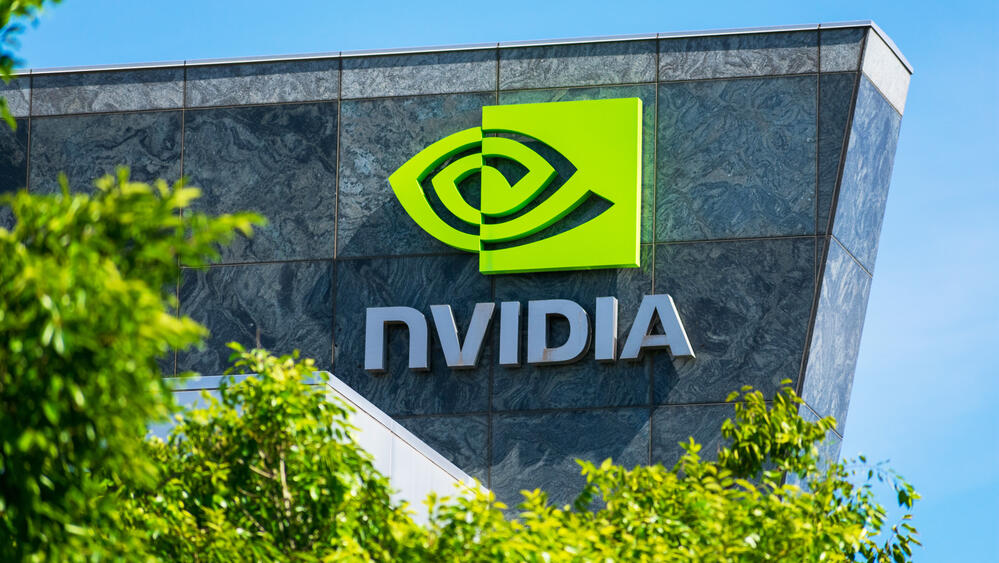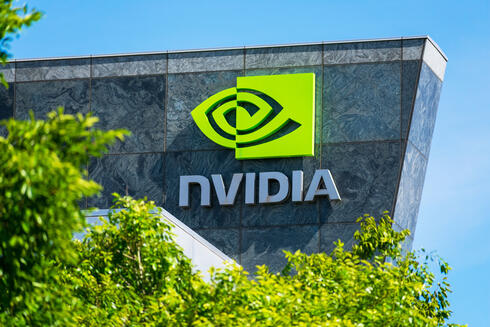
China rules Nvidia violated antitrust law in Mellanox case
SAMR cites broken commitments tied to its 2020 acquisition of the Israeli firm as U.S.-China trade talks intensify over access to advanced AI chips.
China’s market regulator said on Monday that a preliminary investigation had found Nvidia in violation of the country’s anti-monopoly law with its acquisition of Israeli company Mellanox in 2020, marking the latest setback for the U.S. chip giant.
The brief statement from the State Administration for Market Regulation (SAMR) did not specify how Nvidia, known for its artificial intelligence and gaming chips, allegedly violated the law.
China launched the probe in December over suspected breaches of anti-monopoly rules, a move widely seen as retaliation for Washington’s restrictions on the Chinese chip sector.
According to the regulator, Nvidia is also suspected of violating commitments it made during its 2020 acquisition of Mellanox, which was approved by China under certain conditions. SAMR said it would continue its investigation.
Nvidia said in response: "We comply with the law in all respects. We will continue to cooperate with all relevant government agencies as they evaluate the impact of export controls on competition in the commercial markets."
Under China’s antitrust law, companies can face fines of between 1% and 10% of their previous year’s revenue. Nvidia generated $17 billion in sales from China in the fiscal year ending January 26, accounting for 13% of its global revenue, according to its latest annual report.
The announcement comes as the U.S. and China hold trade talks in Madrid, where semiconductors, including those made by Nvidia, are expected to feature prominently.
Access to advanced AI chips has become one of the central flashpoints in the U.S.-China struggle for technological dominance. Nvidia, the world’s leading AI chipmaker whose value has surged during the AI boom, remains at the center of the geopolitical fray.
U.S. authorities, starting under President Donald Trump, have imposed, and at times eased, restrictions on Nvidia’s exports of high-end chips to China. Meanwhile, Beijing has pressed its tech sector to reduce reliance on U.S. suppliers.
Chinese regulators have also summoned companies including Tencent and ByteDance to explain their purchases of Nvidia’s H20 chip, raising concerns over potential information risks. Separately, China’s cyberspace regulator summoned Nvidia last month to clarify whether the H20 chip, designed specifically for the Chinese market, posed backdoor security risks to user data and privacy.
Related articles:
Nvidia has experienced strong demand for its products in China, though this has been tempered over the past year by U.S. measures aimed at preventing China from acquiring cutting-edge chips. Before the U.S. restrictions, Nvidia controlled over 90% of China’s AI chip market. However, it now faces growing competition from domestic players, notably Huawei.
When Nvidia made its $6.9 billion bid to acquire Israeli chip designer Mellanox in 2019, there were concerns that China might block the deal due to escalating U.S.-China trade tensions. However, Beijing approved the acquisition in 2020, subject to multiple conditions. These included bans on forced product bundling, unreasonable trading terms, purchase restrictions, and discriminatory practices against customers who chose to buy products separately.
Nvidia's decision to acquire Mellanox surprised the industry at the time, as the two companies operated in distinct product areas. Nvidia, a customer of Mellanox, lacked a product line similar to that of the Israeli company. After the acquisition, Nvidia expanded into communication networks using Mellanox’s technology. Mellanox’s solutions, known for optimizing data flow to chips and data centers, became integral to Nvidia's strategy, enhancing efficiency and competitiveness in load management and data access.
